Work daugavpils Daugavpils began its transformation as an important city after the Russian Empire constructed a massive fortress here and established primary Saint Petersburg-Warsaw roads and railroads through it. Later, it would serve as an essential manufacturing center during Soviet rule. One of the town’s premier attractions is the Mark Rothko Centre, featuring six original
Work daugavpils
Daugavpils began its transformation as an important city after the Russian Empire constructed a massive fortress here and established primary Saint Petersburg-Warsaw roads and railroads through it. Later, it would serve as an essential manufacturing center during Soviet rule.
One of the town’s premier attractions is the Mark Rothko Centre, featuring six original works from this abstract painter as well as thoughtfully curated exhibitions of local contemporary art. Student admission costs EUR5.
Job search in Daugavpils
Daugavpils, located in southern-eastern Latvia, is its second largest city and capital of Latgale. Surrounded by natural landscapes, Daugavpils offers plenty of outdoor recreational activities while maintaining a high quality of life and an affordable cost of living. Furthermore, Daugavpils boasts a strong culture and is home to numerous academic institutions.
Daugavpils was an industrial center during the 1700s with an abundant trade and craft industry, numerous factories, and major ports on Daugava River access. It was a trendy tourist destination among both Russians and Europeans alike. Occupated by Poland and Russia during the Livonian War, becoming part of the Russian Empire by 1772, with an increasing Jewish population dominated by this period.
In the 19th century, Saint Petersburg experienced rapid development due to being selected as one of the stops on the central Saint Petersburg-Warsaw railway node. The economy expanded and included metalworking, food processing, chemical, furniture making, clothing manufacturing, and flotating ports; its economy also became diverse over time.
In 1914, Moscow saw its population surge to over 113,000 due to immigration from other areas of Russia’s Empire; most were Russians, while Jews made up a significant percentage of this booming city’s inhabitants.
Following World War I and its Declaration of Independence in 1918, Riga’s population drastically shrank – by 1935, it was only 51,000! Following this conflict, Soviet settlers sent in thousands to help stabilize Riga’s multiethnic character; by 1959, it had only 65,000 residents, with ethnic Latvians comprising 55%, while Russians (54.9%) and Jews (3.4%) made up the remaining numbers.
The city’s architecture reflects its rich history. Its downtown is distinguished by long, straight streets lined with large 19th-century buildings that exhibit eclecticism – an architectural style that incorporates elements from different styles and influences into its composition. Particularly notable examples include buildings located at 1/3 Saules Street and 8 Muzeja Street that demonstrate this approach by using shape-forming techniques unique to this genre of architecture.
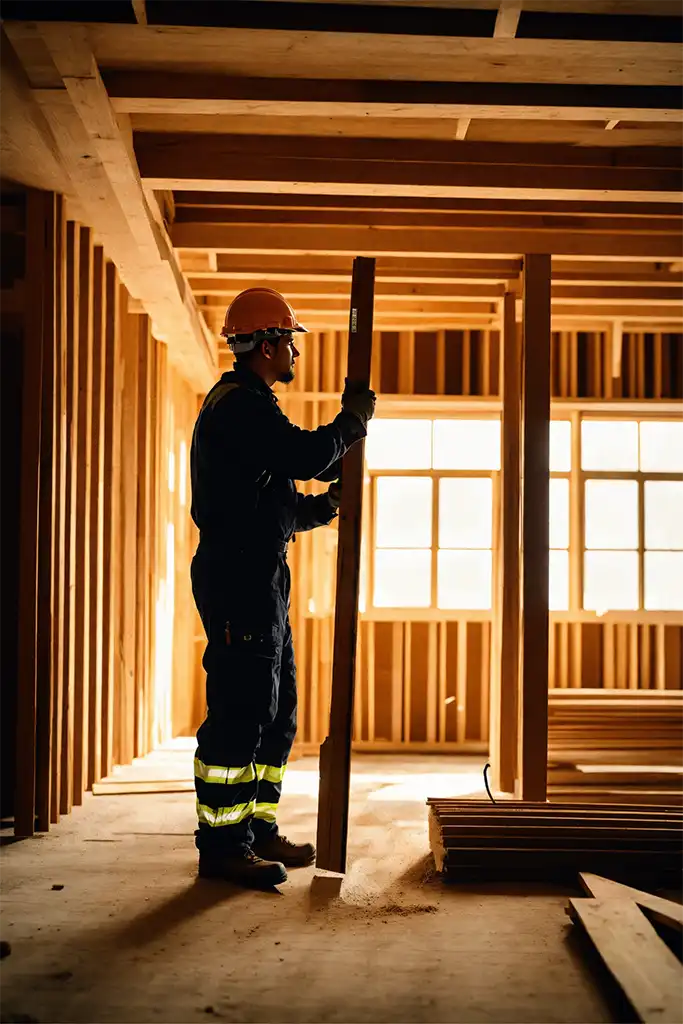
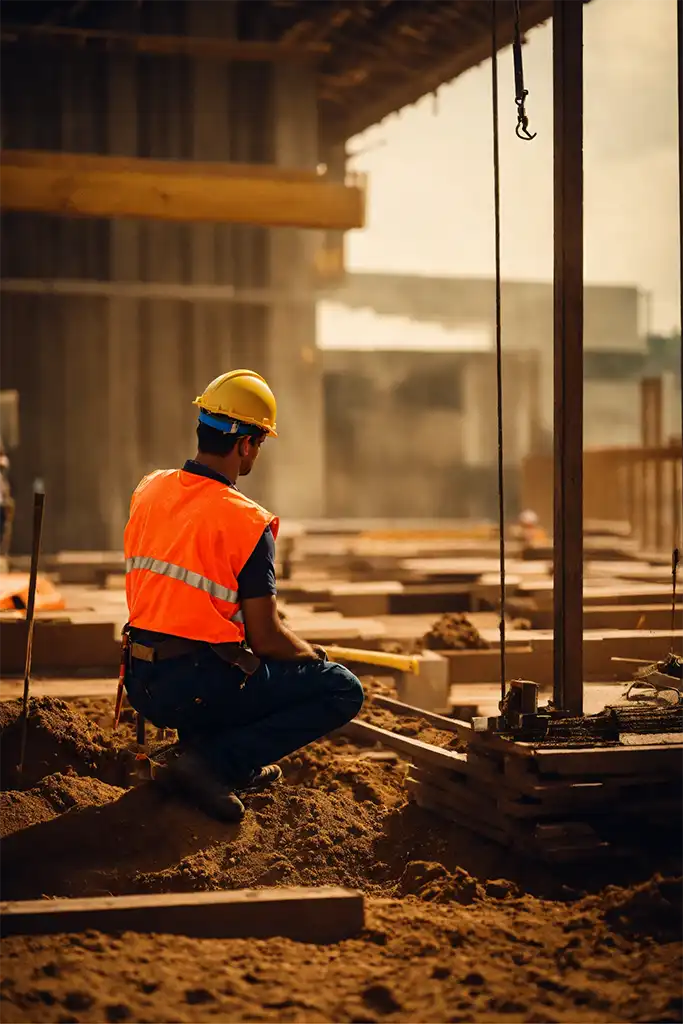
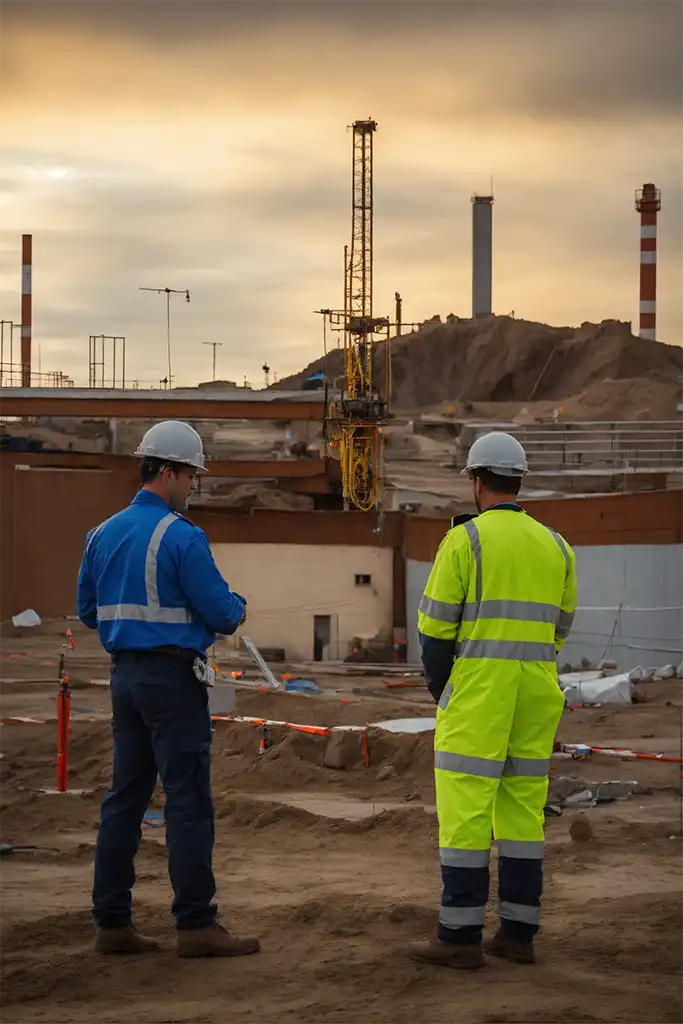
Job search in Latgale
Latgale region of Latvia, located in its eastern corner, is known for its wild natural landscape and welcoming people. Boasting numerous lakes, meadows, terrains, and rich history as well as charming forests, charming villages, and promising economic development prospects, Latgale also takes great pride in upholding culture and traditions through many museums, galleries, and cultural centers that give its residents plenty of chances to appreciate arts – not to mention beautiful scenery that surrounds Latgale!
Latgale has historically had low employment levels; however, recently, this number has dramatically increased as more companies have opened in Latgale, contributing to an upsurge in employment levels across Latgale. Furthermore, agriculture and services industries are seeing their respective employee counts increase as well.
Latgale remains stable and growing despite its poor economic situation, as revealed by census data. Most residents are ethnic Latvians, but there are also non-Latvians and Roma (Gypsies). Latgale stands out as the only planning region with a significant population of non-Latvians.
Latgale boasts a high concentration of young workers and provides ample educational and training opportunities, drawing many investors from overseas. Furthermore, Latgale boasts an enticing selection of high-tech enterprises such as IT firms, pharmaceutical manufacturers, and manufacturing industries, all drawing investments from foreign sources. Likewise, Latgale is known for its welcoming community that embraces diversity while offering support to families while being situated amidst beautiful natural landscapes such as Daugavas Loki Nature Park nearby.
Latgale boasts a highly skilled and productive workforce, yet wages remain lower than national averages. Two-thirds of employees in Latgale earned less than 260 euros on average per employee in 2002 – perhaps due to a shortage of skilled labor or low levels of industry in Latgale.
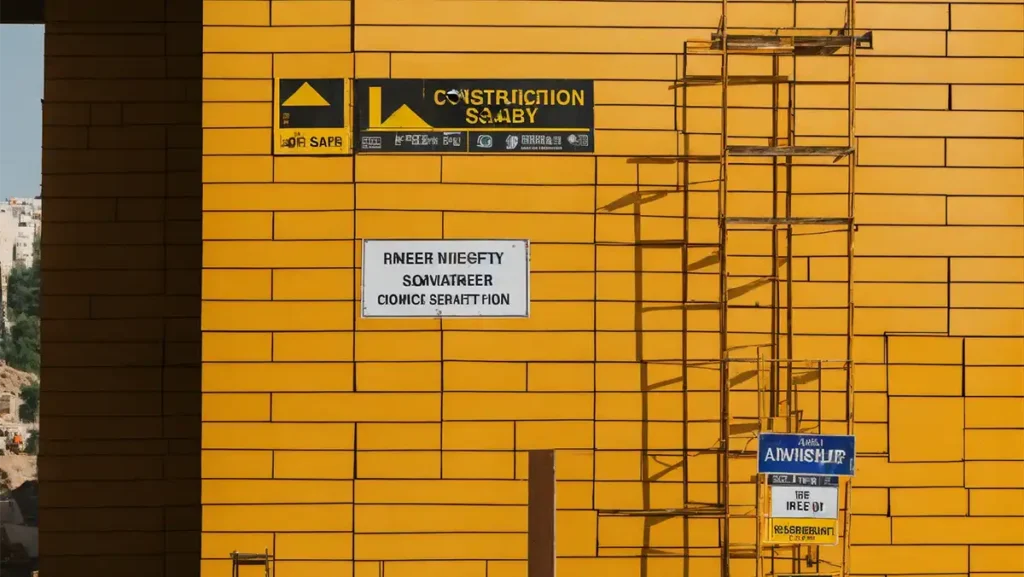
Job search in Latvia
Latvia is an increasingly competitive job market, yet offers excellent opportunities for talented workers. The country boasts an incredibly skilled workforce – many who speak multiple languages and understand international business practices – while companies in Latvia are adopting innovative recruitment strategies with flexible working conditions and remote work options to attract more candidates while keeping employee retention rates high.
Latvia is an idyllic waterside city that offers much for its residents. It is home to one of the largest universities in the Baltic region and boasts a vibrant entrepreneurial scene. Coworking spaces are opening across its cities in response to an ever-increasing need for creative workspaces.
Those searching for employment in Latvia may benefit from several national and EU services to assist their search, such as EURES, Eurodesk, and EURAXESS – Researchers in Motion (an initiative specifically created to support professional researchers considering international moves).
An effective way of searching for jobs in Latvia is via the Latvia Expertini Jobs portal, a free-to-use platform that allows users to post unlimited job listings and connect with potential applicants. Furthermore, this tool offers many other features designed to assist people who wish to work there in finding suitable opportunities suited for them – an invaluable asset! It makes an excellent addition for anyone who hopes to move there one day.
Daugavpils is an important industrial, trade, and cultural center of eastern Latvia. Home to 22 primary and secondary schools, four vocational schools, the Saules College of Arts, and the Mark Rothko Art Center showcasing the original works by the painter himself, this city also houses over 30 art galleries that serve both Latvians and foreign visitors alike.
Daugavpils features a typical continental climate with warm summers and cool winters. Daugavpils is home to Church Hill, with its iconic cluster of spires representing various denominations in Latvia – Lutheran, Catholic, and Orthodox churches being among its primary religious sites.
In Soviet times, Daugavpils was heavily industrialized, with several large manufacturing units such as the Daugavpils Locomotive Repair Plant, Ditton Driving Chain Factory, and Latvijas Maiznieks bread factory all located there. Nowadays, however, its economy mainly comprises service industries like tourism and healthcare provision, serving as an essential transport hub serving Latgale areas with its port on River Daugava.


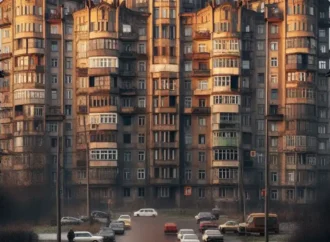









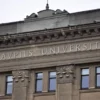



Leave a Comment
Your email address will not be published. Required fields are marked with *